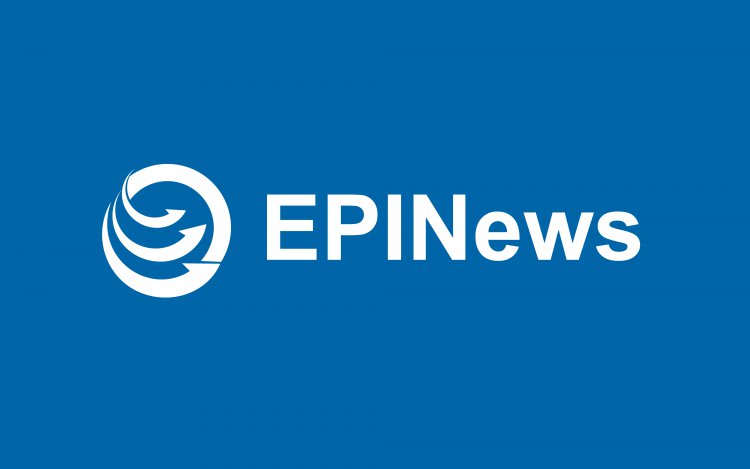
In Iran, the flu vaccine shortage this winter is raising serious public health concerns. State media reports indicate that approximately 3 to 4 million high-risk Iranians are being deprived of access to the vaccine. Meanwhile, various types of flu vaccines are circulating on the black market, with prices reaching up to 12 million rials—several times the standard cost.
This shortage brings back memories of the COVID-19 vaccine crisis that plagued the country at the height of the pandemic, highlighting severe shortcomings in Iran’s healthcare system. During that period, delays and ineffective policies in vaccine procurement and quarantine measures led to a sharp rise in death rates, placing Iran among the countries with the highest mortality rates. Today, the lack of flu vaccines escalates the risk, particularly for vulnerable groups, in the absence of effective policies to secure public health needs.
Although flu vaccines are available on the black market, the authorities’ failure to regulate distribution and control prices underscores the government’s inability to safeguard citizens’ health, which some see as a form of “silent killing” due to random policies and administrative corruption.